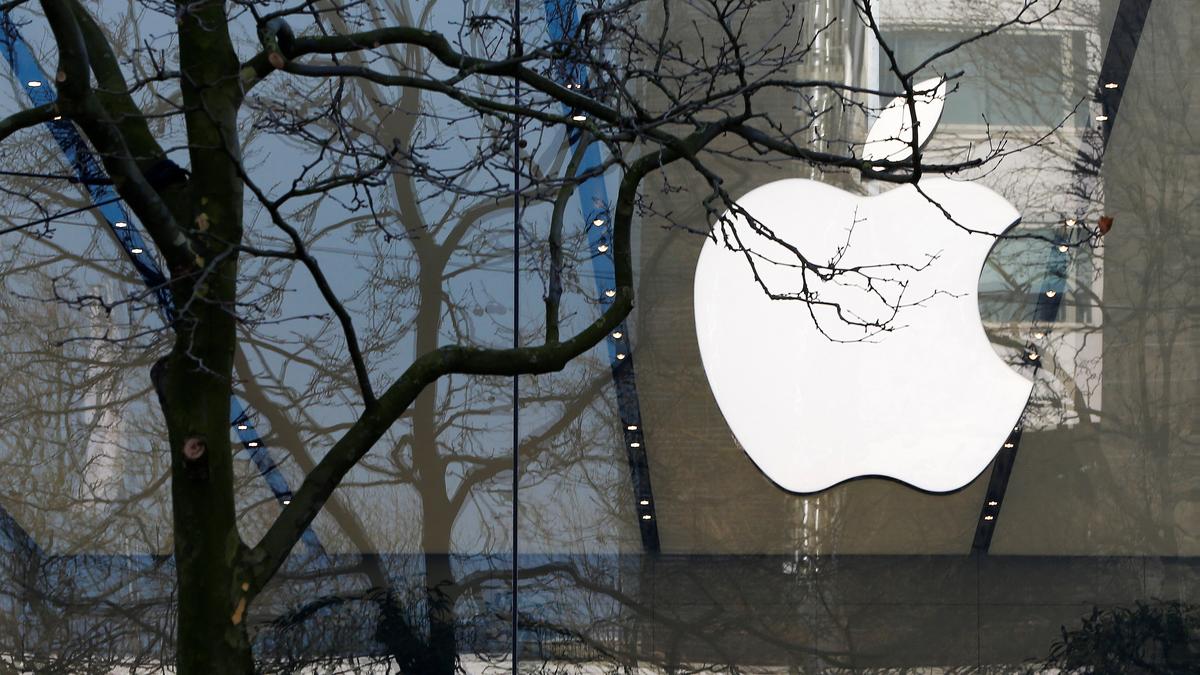Qualcomm vs. Arm: A $1.4 Billion Battle Over Chip Technology
The tech world is buzzing! A monumental legal clash is underway, pitting tech giants Qualcomm and Arm against each other in a high-stakes showdown over intellectual property rights. At the heart of this $1.4 billion dispute is Nuvia, a company Qualcomm acquired, and the crucial question of who truly owns the intellectual property built upon Arm's revolutionary architecture. This isn't just another corporate squabble; it could reshape the future of the chip industry itself, influencing everything from your smartphone to your laptop.
The Core of the Conflict: Nuvia's Acquisition
Qualcomm's 2021 acquisition of Nuvia sent shockwaves through Silicon Valley. Nuvia, a relatively young company specializing in the design of high-performance computing cores, boasted technology with the potential to revolutionize laptop processors and compete directly with giants like Intel and Apple's own in-house designs. The dispute now centers on whether Nuvia's core designs were legitimate derivations of Arm's technology or represented something truly original, a point passionately argued in court this week.
Nuvia's Core Designs: Arm's Legacy?
The heart of the matter lies in the technology itself. Was Nuvia's innovative work simply a modification of Arm's existing architecture, as Arm argues, thereby requiring licensing fees far beyond what Qualcomm anticipated? Or did Nuvia develop something unique that only partially drew from Arm’s designs? Nuvia's founders claim the amount of Arm’s code utilized in their designs constituted less than one percent, triggering this intense legal tug-of-war.
Who Owns What? Untangling IP Rights in the Chip World
The trial has highlighted the complexities of intellectual property in the fast-moving world of chip design. Arm's business model is intricately woven into the licensing of its architecture, forming the foundation upon which many companies construct their chip designs. However, where precisely this core design leaves off and custom engineering begins remains highly contested, placing massive pressure on both organizations to establish clear precedents regarding intellectual property and contract interpretation for this area.
Qualcomm's Defense: Minimal Arm Technology in Nuvia's Designs
Qualcomm argues that Nuvia's cores contain only minimal amounts of Arm's intellectual property. They posit that most of Nuvia's innovative work resulted from wholly original efforts, diminishing the extent of licensing fees that might have been due. Qualcomm’s perspective casts this scenario as a battle over the future of their mobile processor plans; a loss of the case could mean significant delays for Qualcomm's ambitions, particularly with expansion into the laptop market and potentially causing issues for partners like Microsoft as well.
The Future of the Chip Industry Hangs in the Balance
The outcome of this trial has enormous implications for the future of the chip industry. A favorable ruling for Arm could set a precedent that significantly alters the way chip designers and companies such as Qualcomm utilize licensed architectures. The amount of influence that this ruling has would change the structure and function of an industry responsible for every piece of technology we use every day. The global impact will likely resonate in ways that could fundamentally shape licensing contracts, altering the very fabric of how business will be conducted in this industry for years to come. Conversely, if Qualcomm’s arguments are successful, it could alter licensing dynamics and open up avenues for increased innovation in high-performance chip design. This will inevitably shift existing market expectations for processors. Regardless of the winner, some major implications await this technology sphere.
Potential Impacts and Outcomes for Licensing Agreements
This legal dispute has profound ramifications for intellectual property rights within the technology landscape. The resulting verdict, whether in favor of Arm or Qualcomm, will fundamentally affect future licensing deals for crucial elements within the semiconductor arena. The industry anticipates modifications to contract stipulations as both parties seek a clearer framework for future development and business dealings. It promises significant developments and discussions moving forward in determining best-practices for all parties involved in licensing agreements.
Take Away Points
- The Qualcomm-Arm trial highlights the complex legal challenges surrounding intellectual property in the chip industry.
- The outcome could significantly impact licensing agreements and the future of chip design.
- The dispute is focused on whether Nuvia's core designs were largely derived from Arm's technology.
- This case potentially has global implications for every industry relying upon computer chip innovation for technological developments.




